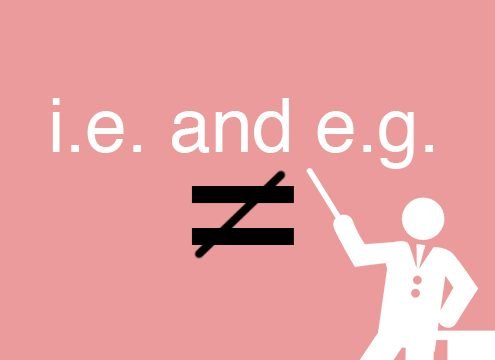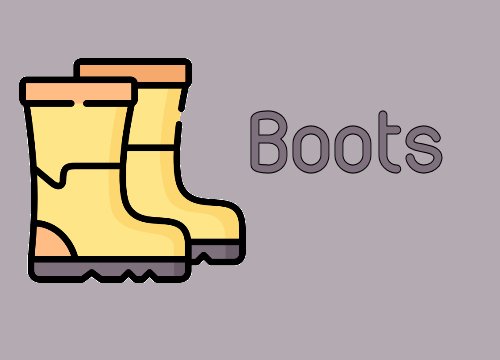These two abbreviations are often confused and used incorrectly, i.e. they are often used as though they were the same. They are not.
“I.e.” comes from Latin (id est) and means “that is” (es decir) or in other words (en otras palabras).
E.g. also comes from Latin (exempli gratia), and means “for example”.
So here are some correct and incorrect uses:
Incorrect
- Mr. Rajoy likes English cheese, i.e. Somerset Cheddar and Wensleydale Blue.
- It is brass monkey weather in La Orotava, e.g. it is very cold in La Orotava.
Correct
- Mr. Rajoy likes English cheese, e.g. Somerset Cheddar and Wensleydale Blue.
- It is brass monkey weather in La Orotava, i.e. it is very cold in La Orotava.
“Brass monkey weather” is an idiom (modismo) and perhaps in Spanish you would say “hace un frío que pela”.

















